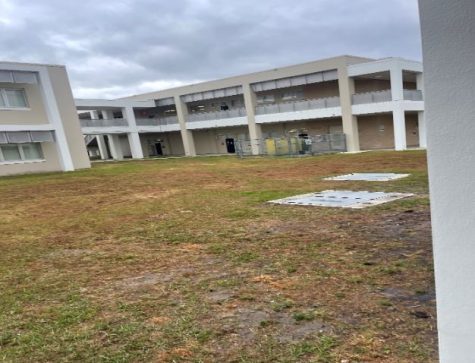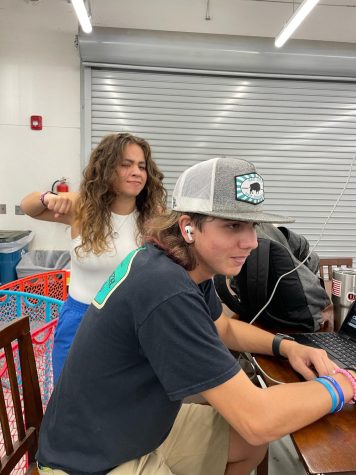Teachers’ paradox (part one)
March 3, 2020
As the people that contribute the most to the economy, teachers are woefully underpaid.
Just like the universal laws of physics are understood to be all encompassing, the basic rules of economics are said to be forever cemented and unchanging. What comes up must come down. When supply increases, demand decreases. Matter is conserved. Investment must be returned.
Yet somehow, at the greatest investment into our society, teaching, the laws of economics break down. Teaching becomes a black hole – matter isn’t conserved, what goes in, stays in.
The ability to pass on knowledge and use it to develop a seamlessly interdependent society is the cornerstone of Homo Sapiens’ self-proclaimed high status. It is the best economic investment to our society, yet it is treated as a bust. While more time sensitive providers like doctors may provide the immediate tools to survive, these professionals would not exist without teachers. Moreover, every facet of today’s working society, from banker to architect to author, would not exist without the tools high school teachers provide.
Yes, it is unlikely that the Louisiana Purchase or Newton’s 2nd Law will come up in adult life, but the challenging task of applying one’s self and learning how to solve unfamiliar problems definitely will. It’s what is necessary for a functional civilization, but this ability is neither innate nor randomly gained with age.
Remove teachers from the equation, and you have an inexperienced society with the mental capabilities and experience of newborns. Without the passing of knowledge, we might as well be our ancestral Neanderthals. In fact, this is the very thing that separates us from common hominids – the ability to share information.
So why, then, is this profession treated the way it is?












